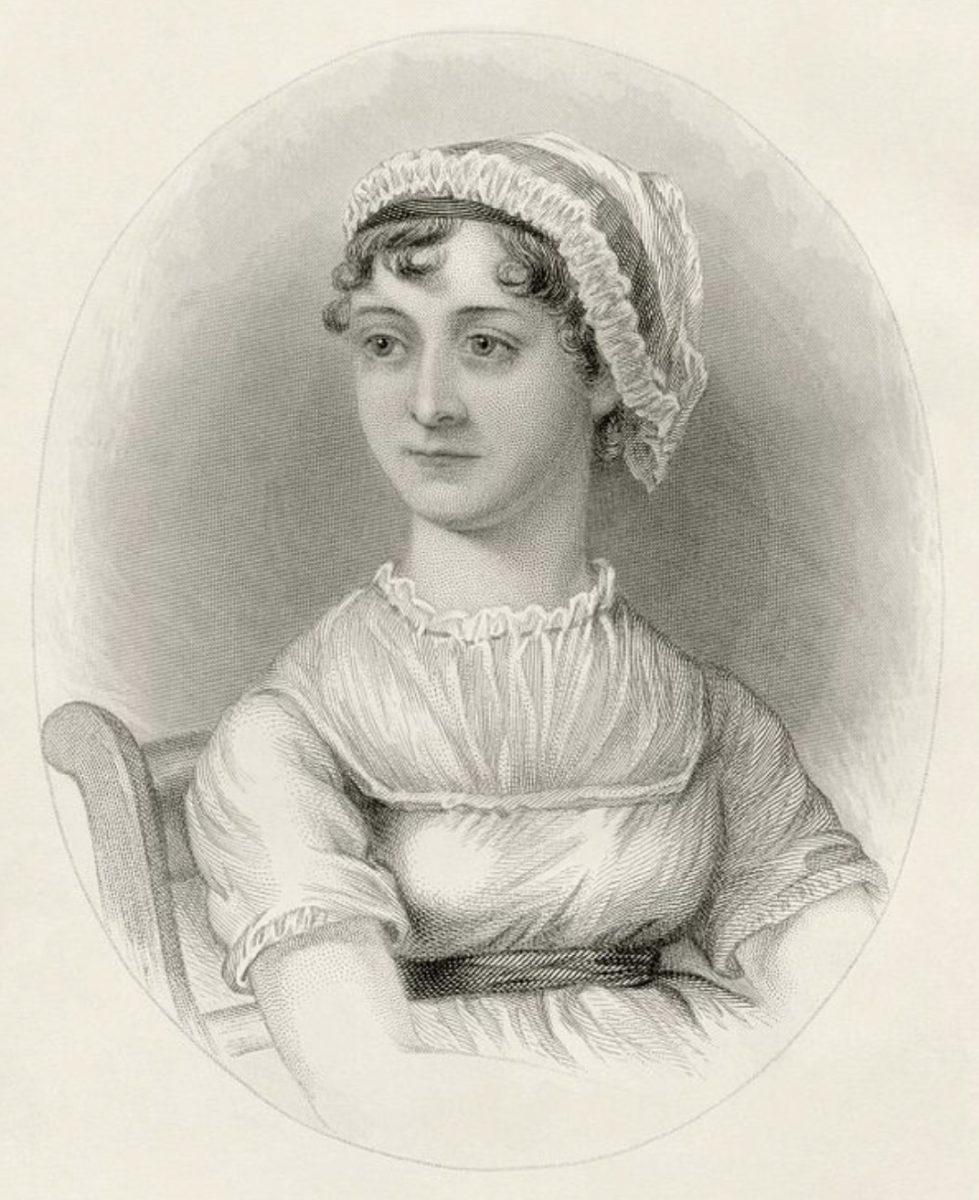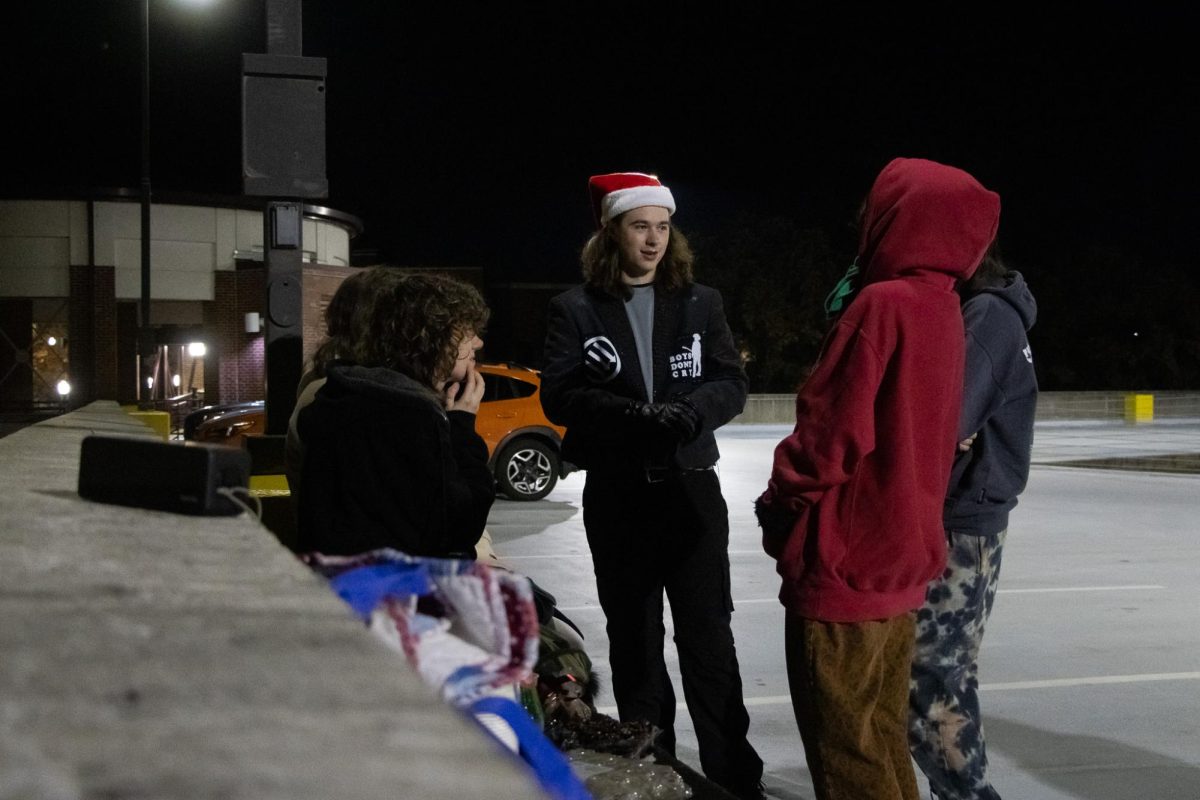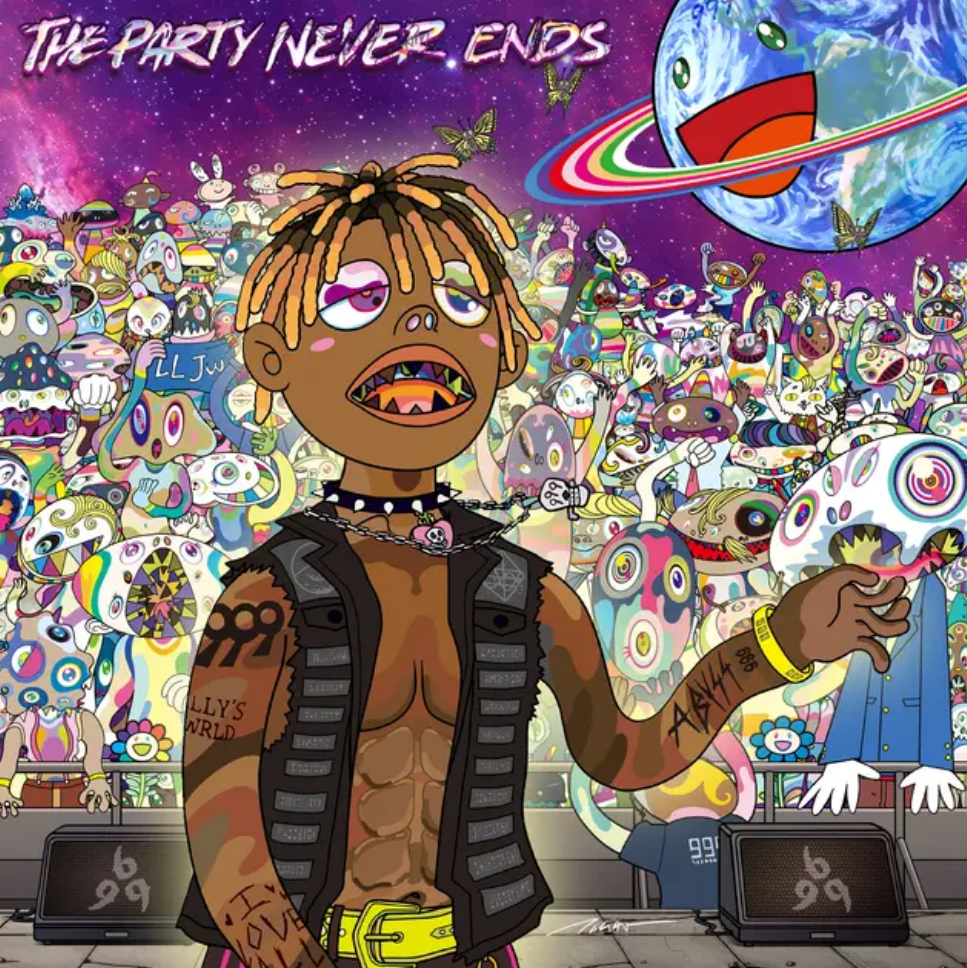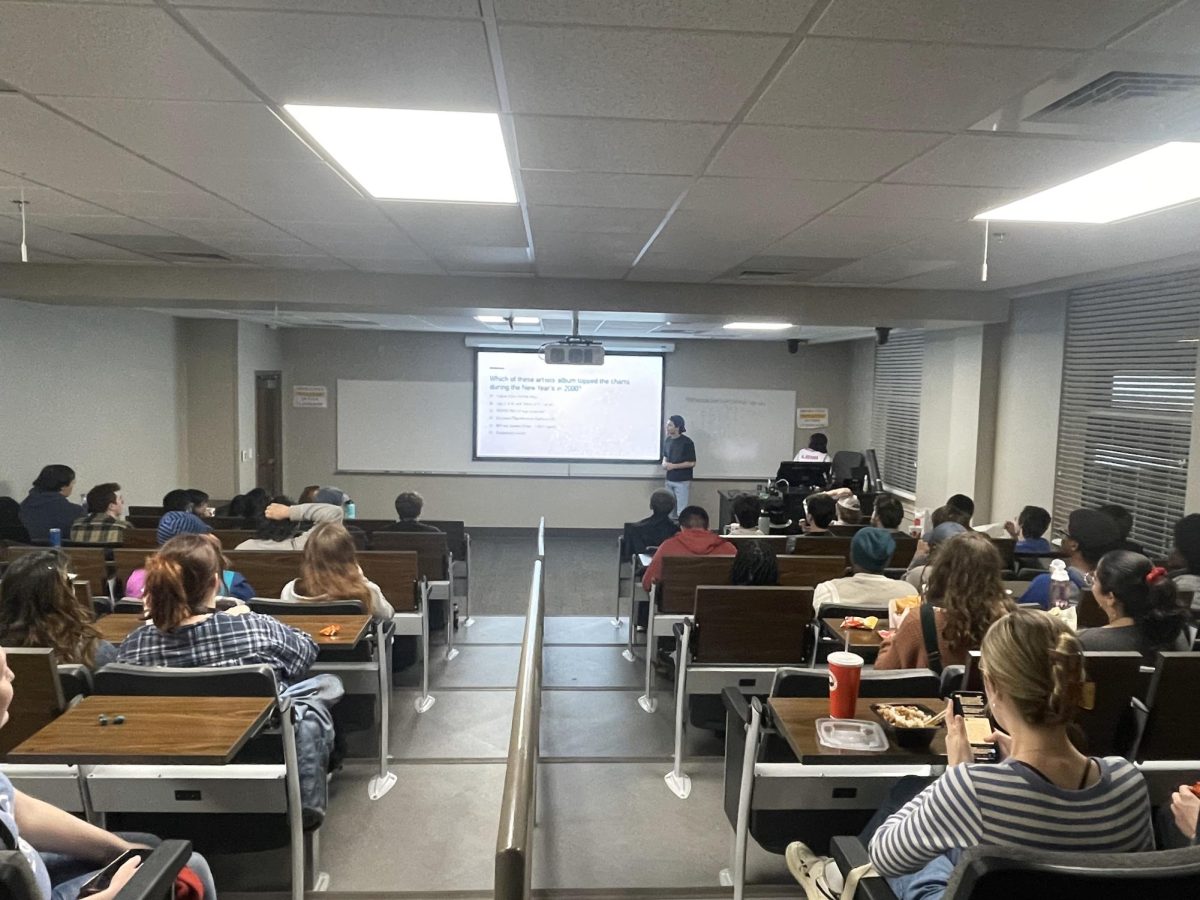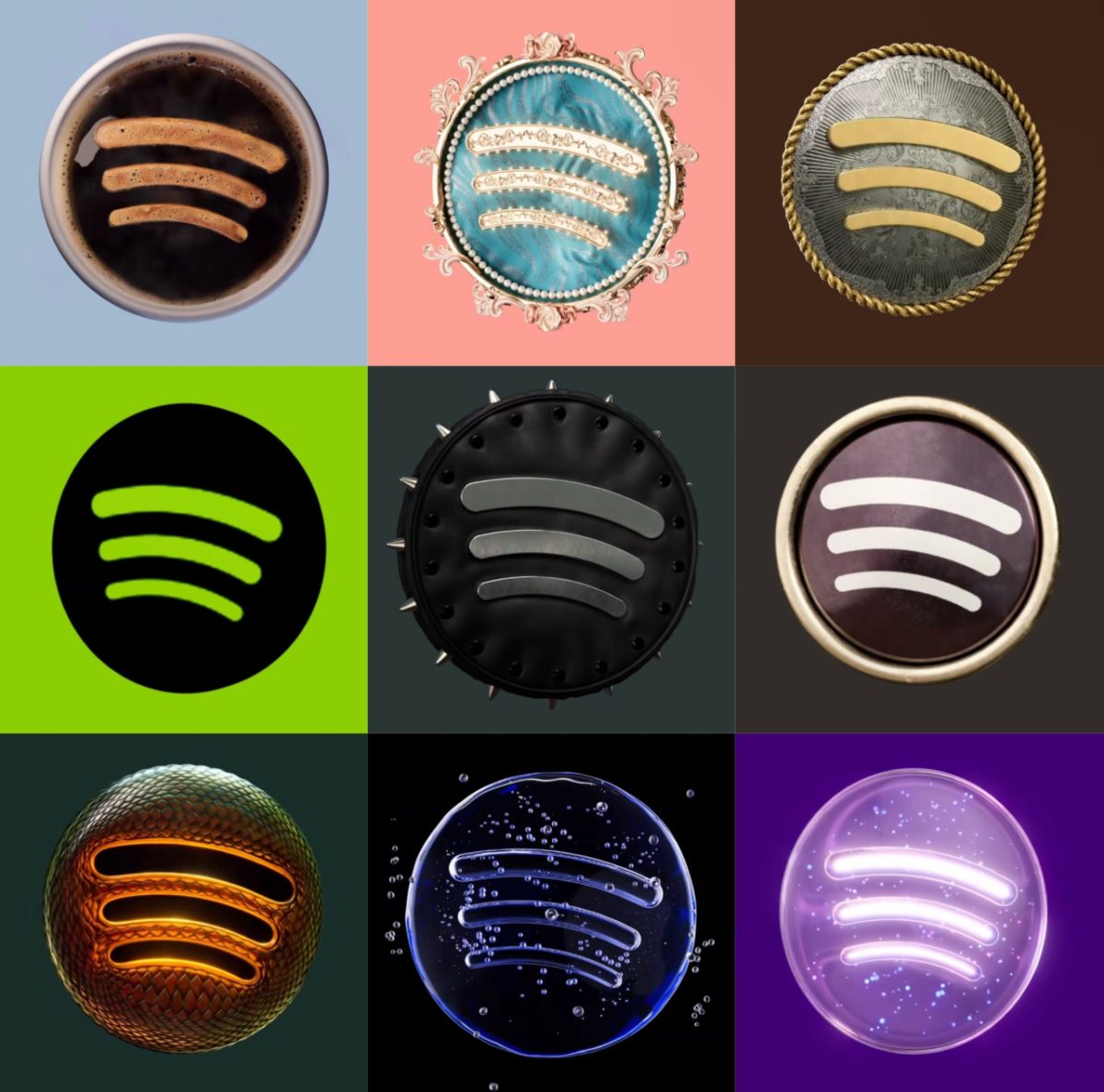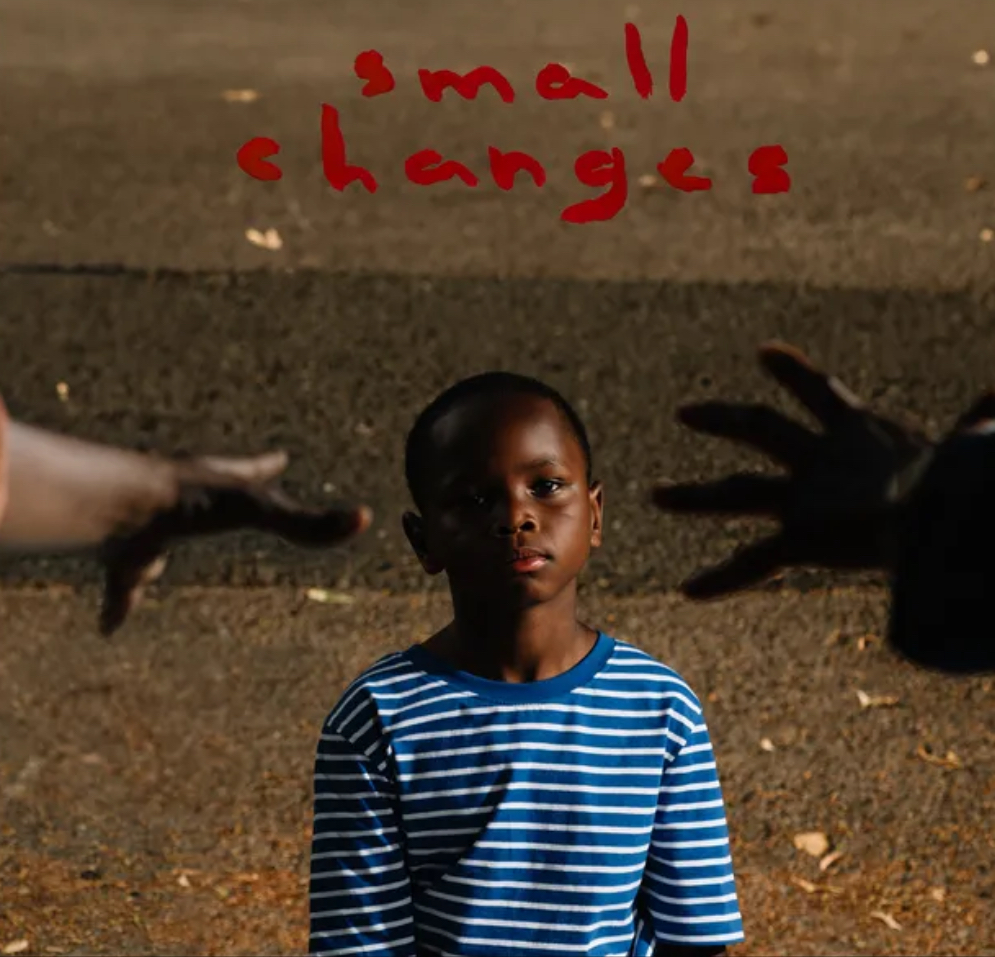There’s nothing fun about the end of the world. When I wasn’t teleported up to the pearly gates on May 21, I nearly freaked out realizing that I did, after all, need to study for my GRE on the 27th. Whoops. The obvious life lesson is, of course: prepare for all possible disasters. But with 2012 fast approaching, it’s hard to know which apocalypse to make provision for. The choices are vast and vastly frightening: robots, aliens, nuclear holocaust, zombies and zombie Mayans. Luckily for us literary types, however, you can find everything you need for a successful End Times in your local bookstore. Just crack one of these novels, and I have no doubt you’ll be able to glean all sorts of valuable information about surviving the impending apocalypse.
“A Canticle for Leibowitz,” by Walter M. Miller, Jr.
Hands-down, Miller’s 1960 tale of a postwar (the nuclear holocaust kind) southwest is a classic, not only of science fiction, but of literature plain and simple. Spanning thousands of years (yes, it’s that epic), the novel centers on the denizens of a Roman Catholic monastery in their efforts to preserve the remnants of human knowledge from before the collapse of civilization. With themes of war, survival, religion, and the cyclical nature of history all in play, Miller’s masterpiece is thought provoking and highly relevant even half a century after its initial publication (maybe that’s why it has never been out of print). “A Canticle for Leibowitz” is the kind of novel that puts all those literary critics who claim science fiction is trivial to shame.
“The Passage,” by Justin Cronin
Everyone knows that the government has all sorts of terrible chemical/biological testing going on at the CDC in Atlanta (Hello? Have you seen The Walking Dead?). Justin Cronin blows the cover on one of the many possible projects in his 2010 novel “The Passage.” “The Passage” follows a disparate cast of characters through a post-apocalyptic landscape filled with—you guessed it—undead humans infected with a “vampire virus” developed by Uncle Sam. It’s something of a horror-science fiction hybrid reminiscent of Stephen King’s “The Stand.” And in case the very mention of vampires puts a bad taste in your mouth, Cronin’s novel is nothing like the mawkish saga of Edward Sullen and Bella Wan (props to Carolina Morales for those epithets). Personally, it was “Twilight” that gave me nightmares, not “The Passage.”
“Luminous and Ominous,” by Noah K. Mullette-Gilman
In my capacity as an indie science fiction blogger (shameless plug), I have been introduced to a wide swathe of new SF authors, either self-published or working with small publishing houses. I know what you’re thinking: vanity presses produce inferior products. Maybe that’s true for the majority of independent authors (and trust me, I’ve read some very… interesting self-published works), but Mullette-Gilman is a stand-out. The alien “invaders” of his unique science fiction-ish novel are exactly what the title tells us, “Luminous and Ominous,” a ravenous plant species with a mesmerizing beauty and a will to live as strong—or perhaps stronger—than any human survivor. And therein lies the problem for our protagonists: not just surviving in a new world, but preserving their very sense of what it means to be alive and be human. “Luminous and Ominous” (2010) isn’t just engaging; it’s almost philosophical.
If you like post-apocalyptic sci-fi, you might also like… Nightfall by Isaac Asimov, Do Androids Dream of Electric Sheep? by Philip K. Dick, The Stand by Stephen King.



